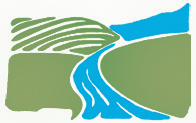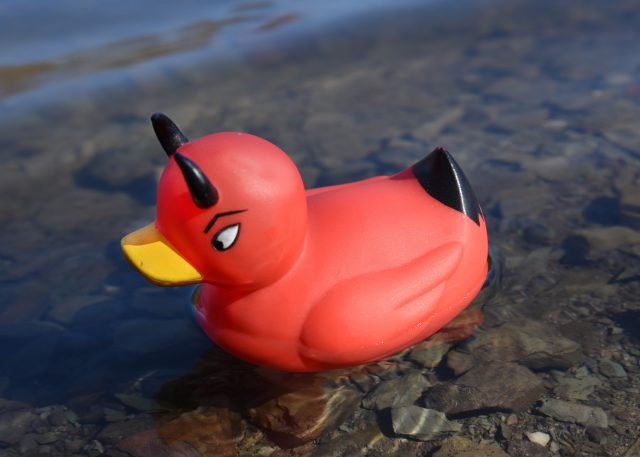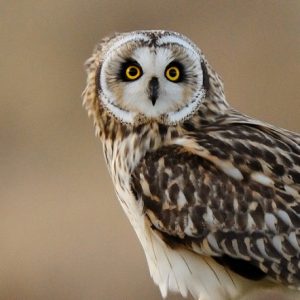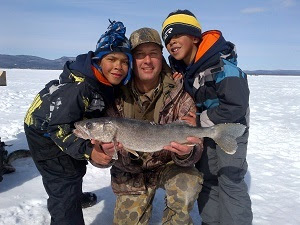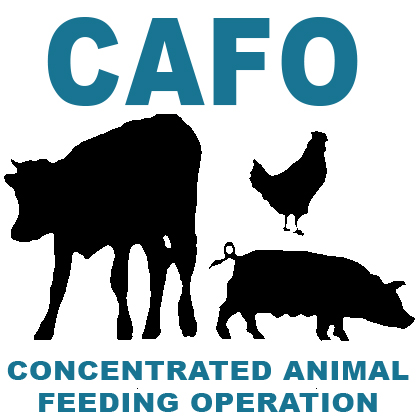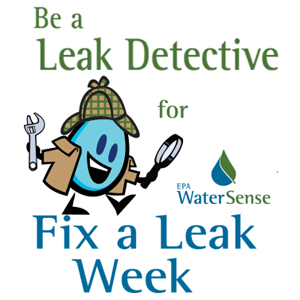
Are you ready to chase down leaks? Household leaks can waste more than 1 trillion gallons of water annually nationwide, so each year we hunt down the drips during Fix a Leak Week. Mark your calendars for EPA’s ninth annual Fix a Leak Week which will take place March 20 through 26, 2017, but remember that you can find and fix leaks inside and outside your home to save valuable water and money all year long.
From family fun runs to leak detection contests to WaterSense demonstrations, Fix a Leak Week events happen from coast to coast and are all geared to teach you how to find and fix household leaks. See our Event MapExit EPA Disclaimer to view past events and to find new events near you! Learn More Here
